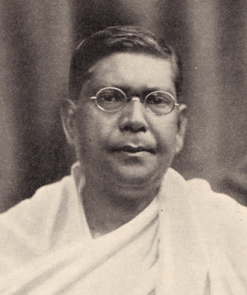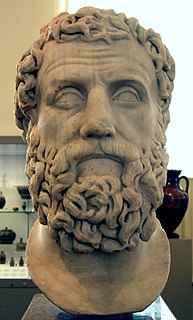A Quote by Richard Attenborough
When asked what attribute he most admired in human nature, Mahatma Gandhi replied, simply and immediately, 'Courage'. 'Nonviolence', he said, 'is not to be used ever as the shield of the coward. It is the weapon of the brave.
Related Quotes
The next time you encounter fear, consider yourself lucky. This is where the courage comes in. Usually we think that brave people have no fear. The truth is that they are intimate with fear. When I was first married, my husband said I was one of the bravest people he knew. When I asked him why, he said because I was a complete coward but went ahead and did things anyhow.
About Mahatma Gandhi: Great in taking decisions, great in executing them, Mahatma Gandhi was incomparably great in the last stand which he made on behalf of his country. He is undoubtedly one of the greatest men the world has ever seen. The world hath need of him, and if he is mocked and jeered at by "the people of importance," "the people with a stake in this country," - the Scribes and Pharisees of the days of Christ - he will be gratefully remembered, now and always, by a nation which he led from victory to victory.
The British Airways steward announced that the in-flight movie would be Chariots of Fire. 'Is that the only one?' I asked. 'We are also showing Gandhi,' he replied. 'Where do I have to sit to see it?" I responded. 'I'm sorry, sir, but Gandhi is only showing in first class.' The irony seemed to escape him.
Idealists are people who believe in the potential of human nature for transformation. . . . The most essential attribute of human nature is its mutability and freedom from instinct . . . it is always within our power to change our nature. So it is actually the idealists who are on the mark and the realists who are off base.
I can think about what [Mahatma] Gandhi said or [Martin Luther] King said about violence begetting violence, and still be true to my job by asking myself the question whenever we're confronted with a situation where some may be arguing for military action: Will this actually result in America being safer, or the most lives being saved?



































